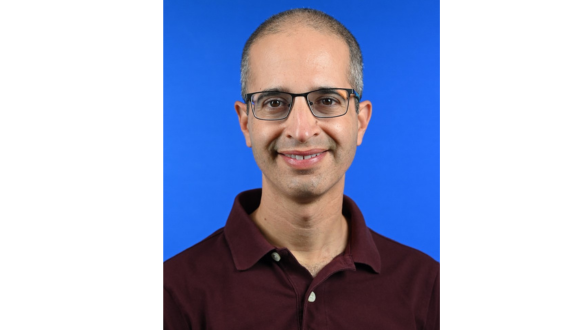Dr. Avraham Ashkenazi awarded Parkinson's Disease Junior Scientist Prize
Congratulations!
Dr. Avraham Ashkenazi awarded the Aufzien Family Center for the Prevention and Treatment of Parkinson's Disease Junior Scientist Prize
This prestigious prize is awarded in recognition of the excellence and impact of Dr. Ashkenazi's work in Parkinson’s Disease (PD), his significant contribution to PD research, and in particular the characterization of mechanisms of autonomic dysfunction in PD and the role of polyQ tracts in autophagy-mediated degradation pathway.
Dr. Avraham Ashkenazi, PhD, from the Department of Cell and Developmental Biology at the School of Medicine, completed his PhD at the Weizmann Institute of Science and his postdoctoral training at Cambridge University. He was awarded the Young Investigator Award by the European Biochemical Society and the Azrieli Fellowship for excellent new faculty in Israel. He is part of the Taube-KoretGlobal Collaboration in Neurodegenerative Diseases. Dr. Ashkenazi’s long-term scientific goal is to identify mechanisms that contribute to neuronal survival. To achieve this goal, his laboratory combines stem cell technology, primary neurons, animal models, and biochemical and cellular approaches. Dr. Ashkenazi’s pioneering work on autophagy (self-eating) revealed how this cell survival pathway breaks down protein clumps (aggregates) and reduces toxicity in models of triplet repeat expansion diseases, such as Huntington’s and Parkinson's disease.
The Aufzien Family Center for the Prevention and Treatment of Parkinson's Disease was started in 2019. In collaboration with the Neurological Institute at the Tel Aviv Sourasky Medical Center, the Center deepens the understanding of and develops novel treatments for Parkinson's Disease. The Center has become a world-renowned hub of R&D in the field. The Center supports a holistic process that encompasses the entire drug development cycle from basic research through commercialization. This includes garnering a deep understanding of the progression of the disease, as well as developing interventions.


